Magazines list (45)
Sort:
Croatia in Europe
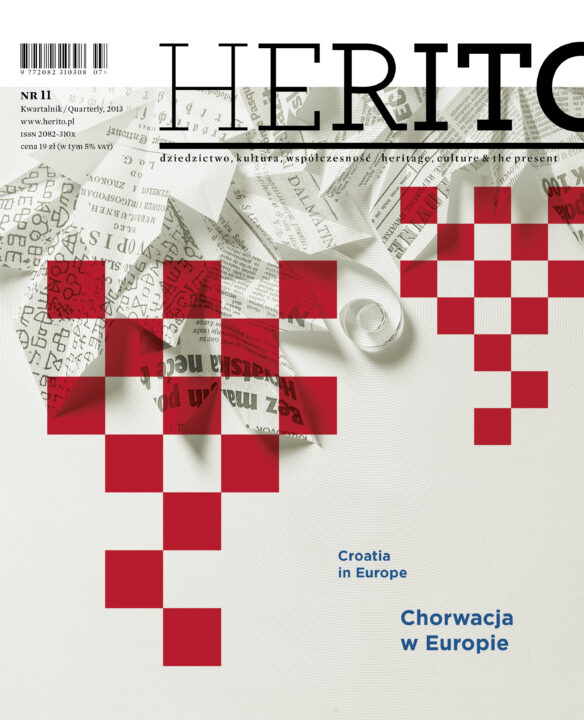
The success of its European integration does not remove certain important questions from the horizon. Who do the Croats feel themselves to be? What is national identity, and is there any sense in discussing such a construct at all? Where is the boundary between “past” and “present”? Should the Yugoslavian idea be filed in the archives of history once and for all? And what role will fall to the Croats in a crisis‑racked Europe?
Premiere:2013
Rumunia - Romania - România
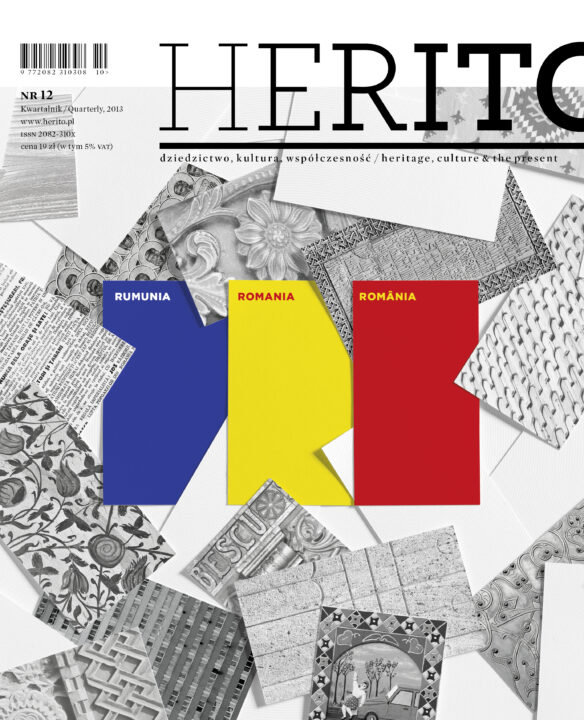
Romania is a paradoxical country. Although the long 19th century was very kind to it – the young country entered the European arena and quickly acquired an esteemed position – the short 20th century did not spare it in any respect. Trapped between fascism and communism, Romania had chosen the lesser of two evils. Decades in the shadows of “The Sun of the Carpathians” turned out to be the worst years of all. A sad country, full of humour” – George Bacovia’s prophetic words from the 1930s came true in excess.
Premiere:2013
Conflicts of Memory
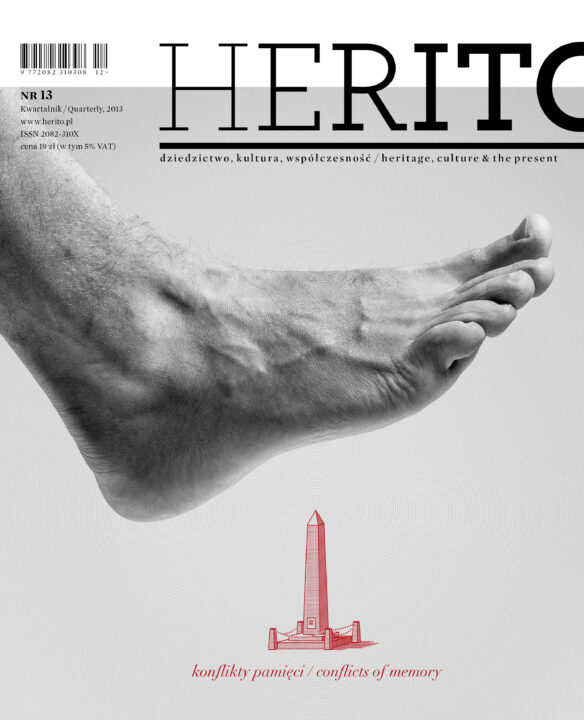
Each community devises specific modes of remembering, but also of forgetting uncomfortable facts. Ars memoriae and ars oblivionis constitute an inseparable pair. Common memory is a sphere that we reconstruct anew every day, even though people claim that the essence of their identity is unchanging. While history itself is a closed structure, memory is open both to individuals and to the collectivity. Collective memory reconstructs rather than registers the past; and memory is not necessarily explicit.
Premiere:2013
Turcja - Türkiye - Turkey
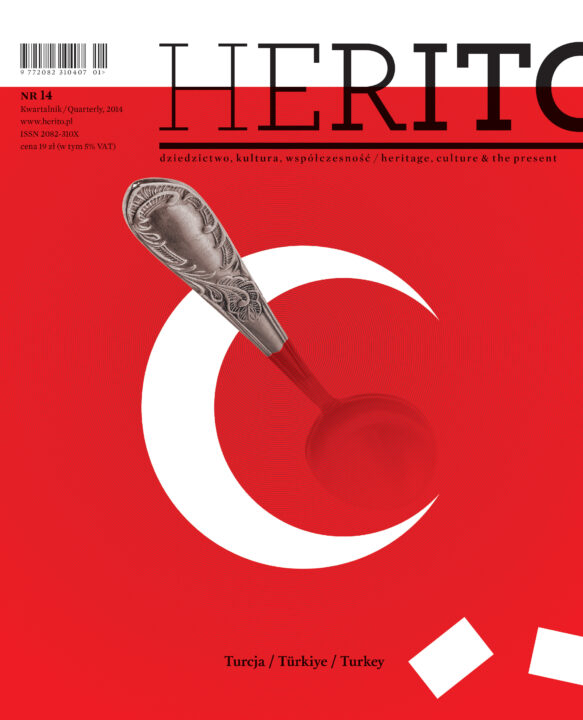
Antemurale Christianitatis – the Bulwark of Christianity – is an important constituent of many national cultures in Central Europe. It is also the experience of the Poland and Poles. Several centuries of the Polish Republic and the Ottoman Empire as neighbours are still alive in the Polish tradition and culture.
Premiere:2014
Nations and Stereotypes
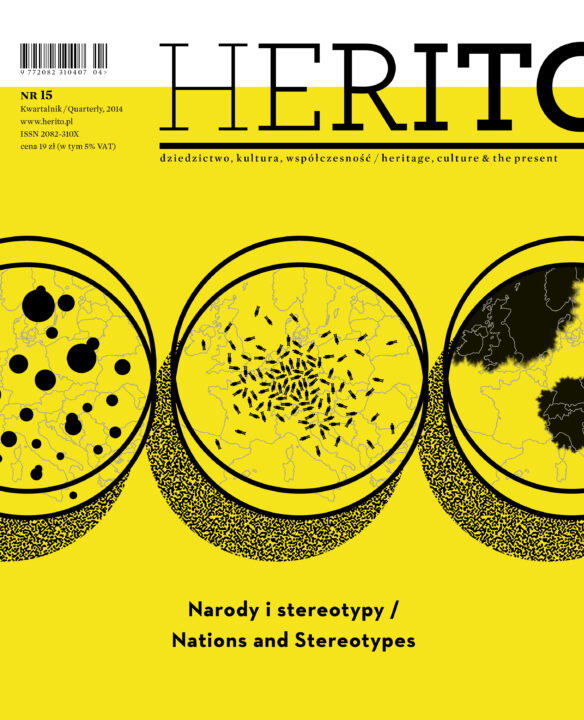
History teaches us that international relations are strongly contingent on our representations of others. Even if the beliefs we live by do not find corroboration in reality, we are reluctant to discard stereotypes or prejudice, which Ambrose Bierce called “a vagrant opinion without visible means of support”.
Premiere:2014
A Century On from the Great War
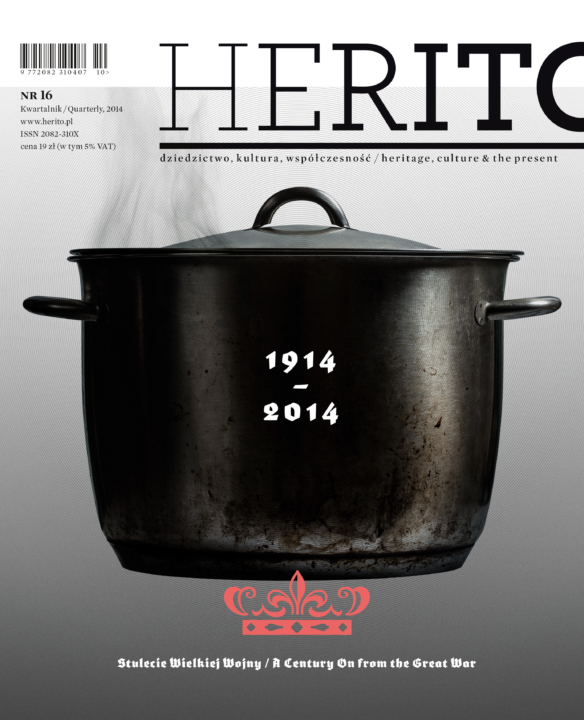
We, nations of Central Europe would not be there, sovereign in our own states, without that war. The long 19th century held no encouraging prediction for any auspicious turn of history. Since the Napoleonic revolution was suppressed, despite attempts repeated hither and thither, there have been no major disturbances in the peace and stability between the great powers of the Holy Alliance; even though there were constant disturbances, and temperaments were heating up; even though civilisational progress, and national and class emancipation gained incredible momentum. Until everything erupted in 1914.
Premiere:2014
Cold War Modern Architecture
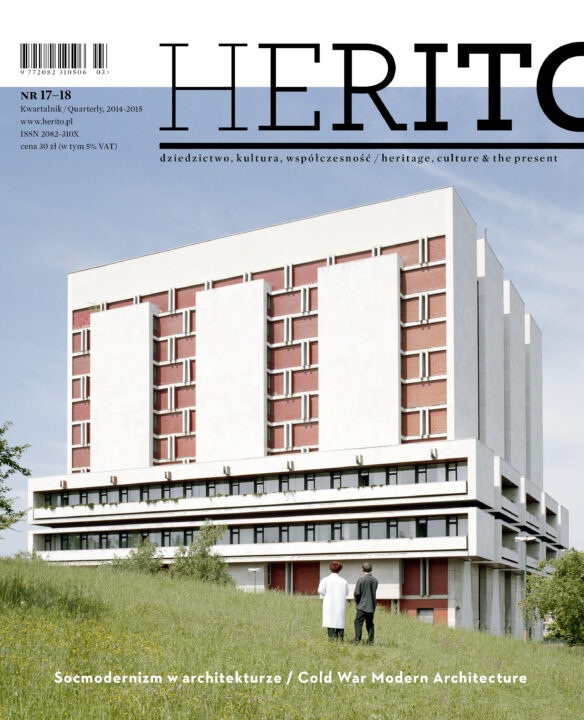
Twenty years ago Adam Miłobędzki used the term “socmodernism” to denote the period from the 1950s to the 1980s, and attempted to evaluate it for the first time in The Architecture of Poland published by the ICC. The assessment was not at all favourable.
Premiere:2015
Thinking the Landscape
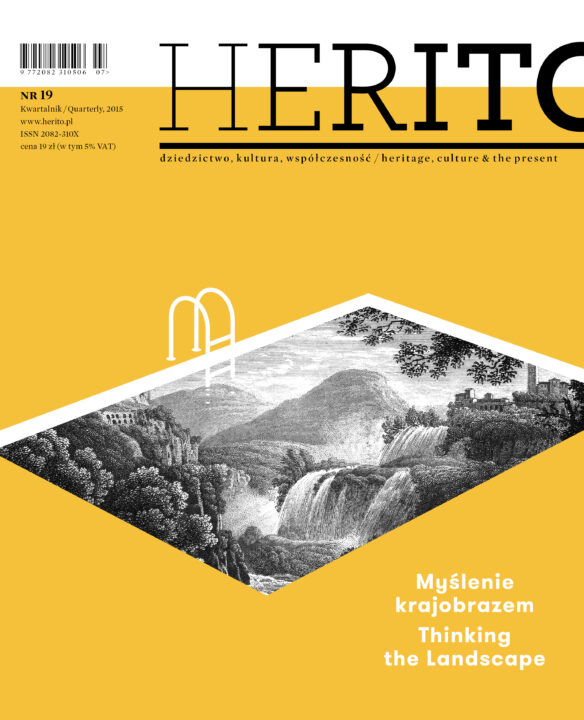
“Landscape is more than painterly or visual effects,” Stanisław Vincenz wrote in 1943. “It is also the soil on which we walk and which we work, its undulation or flatness, its waters – seas, rivers or marshes – and even the air that we breathe.”
Premiere:2015
Balticum
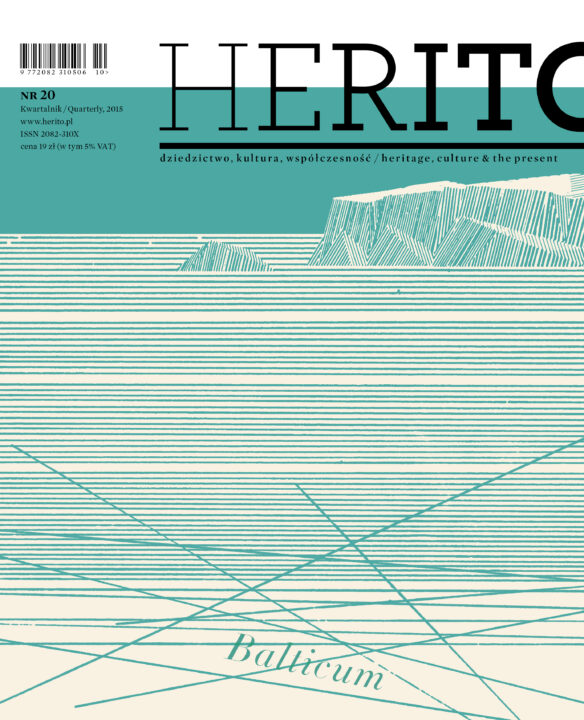
The Balticum as a geo-cultural community? Arguments to support this claim would probably be as numerous as sceptical voices. But it is not a question of evidence. Another issue seems to be much more important: why is it advisable to think in terms of large geo-cultural regions and what possibilities are openedby such thinking?
Premiere:2015
Galicia After Galicia
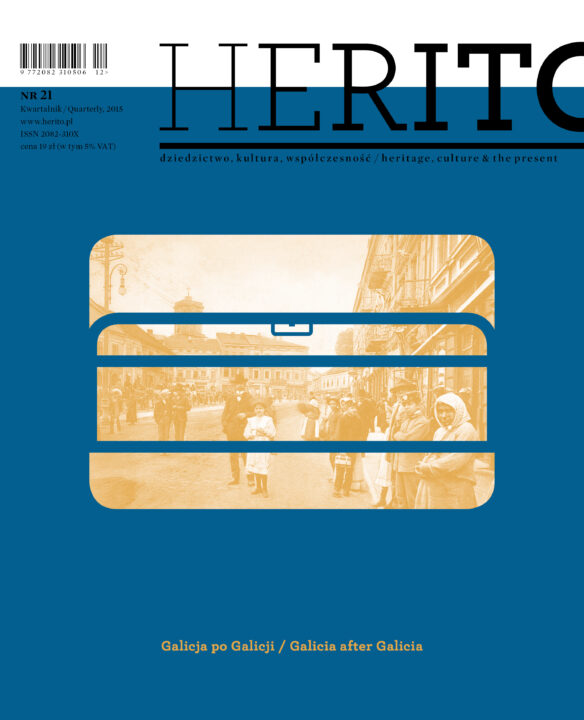
For 150 years Galicia was an artificial construction of Austrian diplomacy, the fruit of the partitions of Poland and its failure. It has not existed now for 100 years. That is why we are constantly asking the question: why is Galicia constantly in us? Does it really determine our identity? Where does the power and attractiveness of this legacy come from today? The his- tory of Galicia provokes us to ask difficult, at times very difficult, questions, ones that often give us contradictory answers.
Premiere:2015
Copyright © Herito 2020
